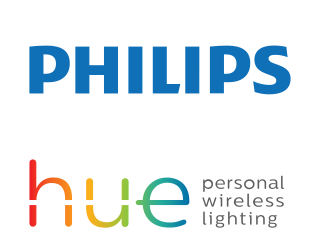Dutch or Nederlands commonly refers to:

Koninklijke Philips N.V., commonly shortened to Philips, is a Dutch multinational conglomerate corporation that was founded in Eindhoven in 1891. Since 1997, its world headquarters have been situated in Amsterdam, though the Benelux headquarters is still in Eindhoven. The company gained its royal honorary title in 1998.
Queen most commonly refers to:
TNT is trinitrotoluene, an explosive chemical compound.
NV, nv, nV or Nv may refer to:
Spotlight or spot light may refer to:
Chaos or CHAOS may refer to:
The OpenBSD operating system focuses on security and the development of security features. According to author Michael W. Lucas, OpenBSD "is widely regarded as the most secure operating system available anywhere, under any licensing terms."
These tables compare free software / open-source operating systems. Where not all of the versions support a feature, the first version which supports it is listed.
Moonlight is the reflected light that comes to Earth from the Moon.
Chuck is a masculine given name.
Wow, WOW or WoW may refer to:
Thorn(s) or The Thorn(s) may refer to:

Philips Hue is a line of color-changing LED lamps and white bulbs which can be controlled wirelessly. The Philips Hue line of bulbs was the first smart bulb of its kind on the market. The lamps are currently created and manufactured by Signify N.V., formerly the Philips Lighting division of Royal Philips N.V.
Signify N.V., formerly known as Philips Lighting N.V., is a Dutch multinational lighting corporation formed in 2016 as a result of the spin-off of the lighting division of Philips, by means of an IPO. The company manufactures electric lights, light fixtures and control systems for consumers, professionals and the IoT. In 2018, Philips Lighting changed its name to Signify. The company still produces lights under the Philips brand.
This page is based on this
Wikipedia article Text is available under the
CC BY-SA 4.0 license; additional terms may apply.
Images, videos and audio are available under their respective licenses.

